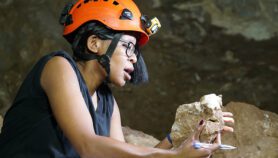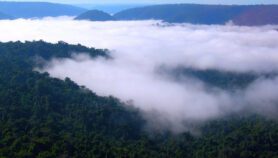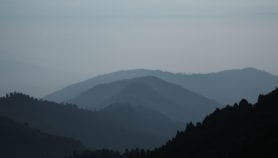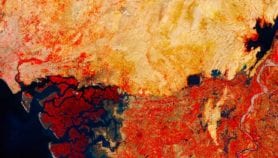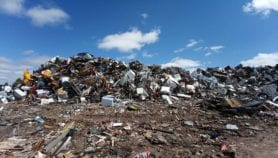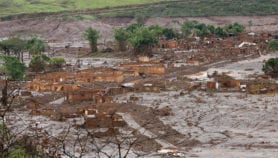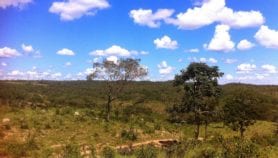By: Paula Park
Send to a friend
The details you provide on this page will not be used to send unsolicited email, and will not be sold to a 3rd party. See privacy policy.
Controversial plans to build the first deep-sea mine in Papua New Guinea (PNG) remain stalled, which has prompted the firm behind them to stop building specialised seabed extraction equipment and lay off staff.
A dispute with the PNG government over its equity holding in the project has led Nautilus Minerals to suspend operations, says Michael Johnston, its chief executive officer.
When Nautilus received a licence in March 2011 to mine metal-rich vents called Solwara 1 near New Britain, the government agreed to take a 30 per cent stake in the project and co-finance it.
But the PNG government convened a legal process in June 2012 to determine whether it was obligated to contribute to funding.
"We were paying for it all ourselves and it was becoming too costly," Johnston tells SciDev.Net. "We were at an expensive stage of the build. We were spending US$3 million or US$4 million a week. For a company of our size, we couldn’t continue to pay for that ourselves."
Shadrach Himata, deputy secretary of Papua New Guinea’s Department of Mineral Policy and Geohazards Management, confirms that the dispute is about the country’s equity holding in Nautilus.
He tells SciDev.Net that he cannot comment further because he does not want to "pre-empt the arbitration".
According to Colin Filer, an associate professor at the Australian National University, the Papua New Guinea government has a legal right to take out equity in any company that extracts resources, although it is not obliged to do so.
The previous government, under Prime Minister Michael Somare and acting Prime Minister Sam Abal, preferred to take equity ownership in most projects, he says. The new government, which came to power in August 2011 and retained power after a year-long skirmish with the previous government, has taken a more strategic approach, Filer says.
"It was probably a bad idea for it to contemplate taking an equity stake in something that was technologically and economically a rather risky venture," Filer tells SciDev.Net.
The Papua New Guinea government has bigger priorities than deep sea mining, Filer says, adding that its main project focus is to produce liquefied natural gas (LNG) for export to Australia.
The first large project in Papua New Guinea led by energy firm Exxon Mobil — a floating LNG production and processing plant plus pipelines — is set to start work in 2014. A second Exxon Mobil LNG project is planned after the first scheme is up and running, he says.
The government cannot pay for all the projects including the mine without seeking credit from other countries, Filer says. Papua New Guinea’s mining rules require the government to ensure that money is available to invest in equity and that projects will make a profit.
The Nautilus project has gained notoriety, prompting questions about its viability and environmental risks and becoming "politically awkward", Filer says. The government is likely to be hoping that "it will go away", he says.
Nautilus Minerals may have better luck if it explores the seabed in other parts of the Pacific, such as the Cook Islands, where it faces less political opposition, and then return to Papua New Guinea once it can demonstrate a successful track record, Filer says.
However, PNG’s mining rules limit the period that a company can own a mining tract without working it, he says.
"If it was an attractive project," he adds, "why can’t the firm get money from the capital markets or find a joint venture partner?"
Despite the setback, the company said in a release last month that it remains committed to "developing the world’s first commercial seafloor copper-gold project and launching the deep water seafloor resource production industry, whilst maintaining an environmentally and socially responsible approach".
"Nautilus has a highly prospective ground position, which includes 19 identified prospects in Tonga, including the recent high grade discoveries in the NE Lau Basin and a 410 million tonne Inferred Mineral Resource in the Central Pacific," it said.
See below for a Nautilus Minerals animation video of seafloor mining:




